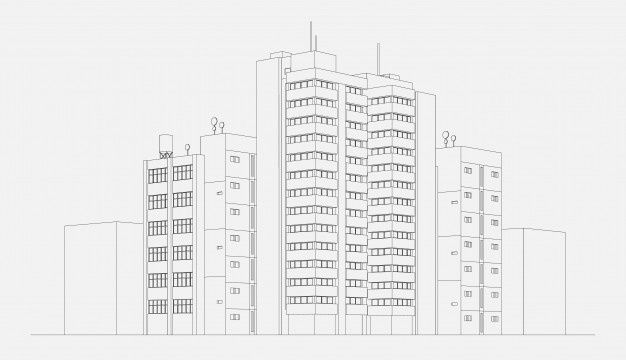| Sr.No. | Long Column | Short Column |
| 1 | This column is considered to be long if the ratio of effective length of column to its least lateral dimension is greater than 12. | This column is considered to be short if the ratio of effective length to its least lateral dimension is less than or equal to 12. |
| 2 | The column, whose lateral dimension is very small when compared to its length (or height), is called as long column. | The column, whose lateral dimension is very large when compared to its length (or height), is called a short column. |
3 | It is generally fails by buckling. | It generally fails by crushing. |
| 4 | The slenderness ratio is greater than 45. | The slenderness ratio is less than 45. |
| 5 | As the height of column increases the load carrying capacity is less. | As the height of the column decreases the load-carrying capacity is more. |
| 6 | The Radius of gyration is less. | The radius of gyration is more. |
| 7 | Load carrying capacity is less. | Load-carrying capacity is more. |
| 8 | Long column is subjected to buckling stress | The short column is subjected to compressive stress. |
| 9 | Long and slender columns buckle easily. | The buckling tendency is very low. |
| 10 | The ratio of effective length of a long column to its least radius of gyration is greater than 40. | The ratio of the effective length of a short column to its least radius of gyration is less than or equal to 40. |
| 11 | The failure of the short column is by crushing. | The column generally fails in buckling. |

Posted inAdvanced Design of Stee Structures
